A political firestorm has ignited after a prominent Member of Parliament publicly claimed that the youth-led Gen Z protests in Kenya were not grassroots alone, but financed and orchestrated by LGBTQ organizations and external donors.
In a sharply worded post on social media, the MP asserted that this “so-called Gen Z revolution” was being promoted, facilitated and supported by homosexual and LGBTQ groups. The statement includes an ominous warning: “…you’ll never see our children there,” framing the protests as part of what he describes as a secret agenda infiltrating Kenyan youth.
The Gen Z protests, however, have been widely understood to have sprung from spontaneous grassroots anger. Demonstrators cite high living costs, controversial tax measures, demands for good governance, and frustrations with perceived police misbehaviour as their core grievances.
Unfolding Reactions and Deepening Polarization
The MP’s claims immediately triggered backlash and concern from civil society, opposition figures, and youth activists. Many view the accusation as a political tactic aimed at delegitimizing the protests and silencing dissent.
Some leaders have condemned the suggestion that young people are being manipulated by shadowy foreign donors and LGBTQ interests, insisting the protests are authentically Kenyan in cause and character. Others suspect the statement aims to sow division and distract from the core issues—the taxes, economic hardship, and accountability.
Meanwhile, political conversations have shifted sharply. Supporters of the MP’s view argue the need to protect “cultural values” and warn against what they see as external ideological intrusion. Critics argue that such claims may stoke homophobia and distract from the real substance of the protests.
Stakes Are High: What’s at Risk
- Youth trust in institutions: Young Kenyans, many disillusioned already, may see this as further evidence that their voices are being undermined, not heard.
- Freedom of expression: Accusations like these threaten to frame political protest not as legitimate civic expression but as conspiratorial activity.
- Social cohesion: Ethnic, generational, and ideological tensions risk deepening if people believe protests are manipulated from outside their own communities.
- Policy dialogue breakdown: With rising accusations, the opportunity for genuine negotiation over grievances may be lost, replaced with more defiance and distrust.





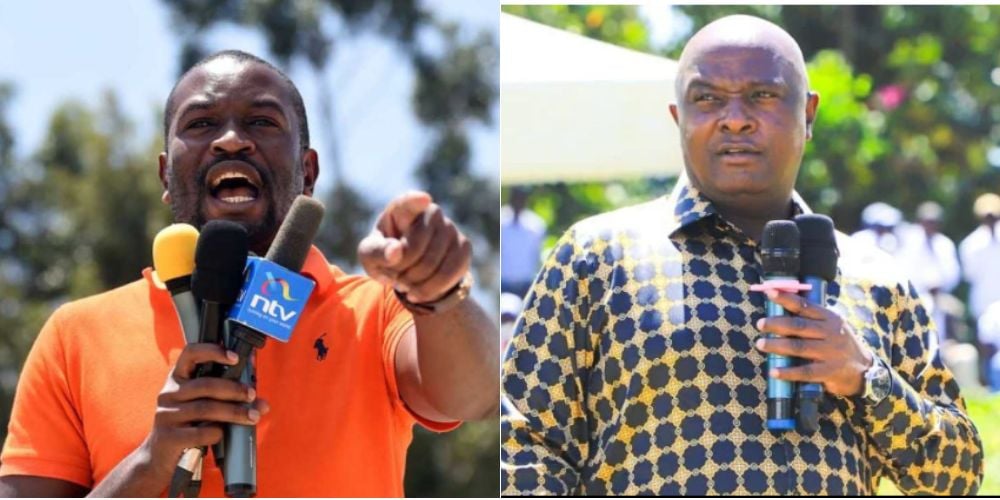
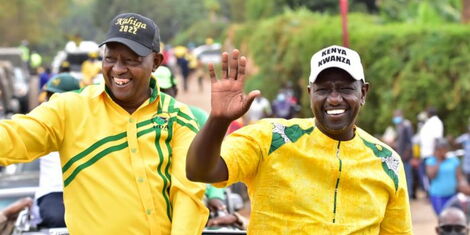
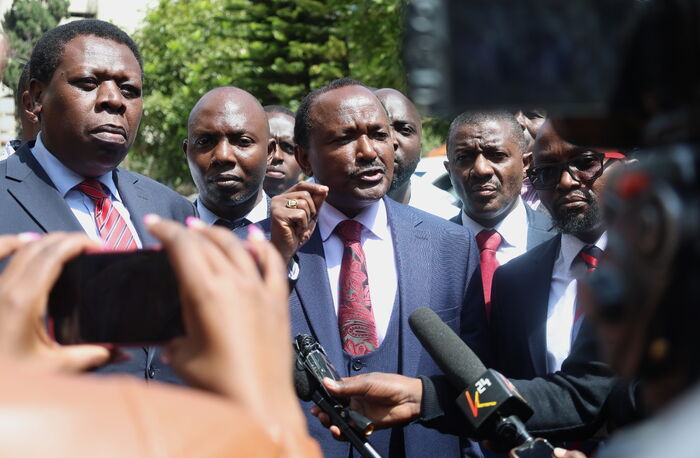
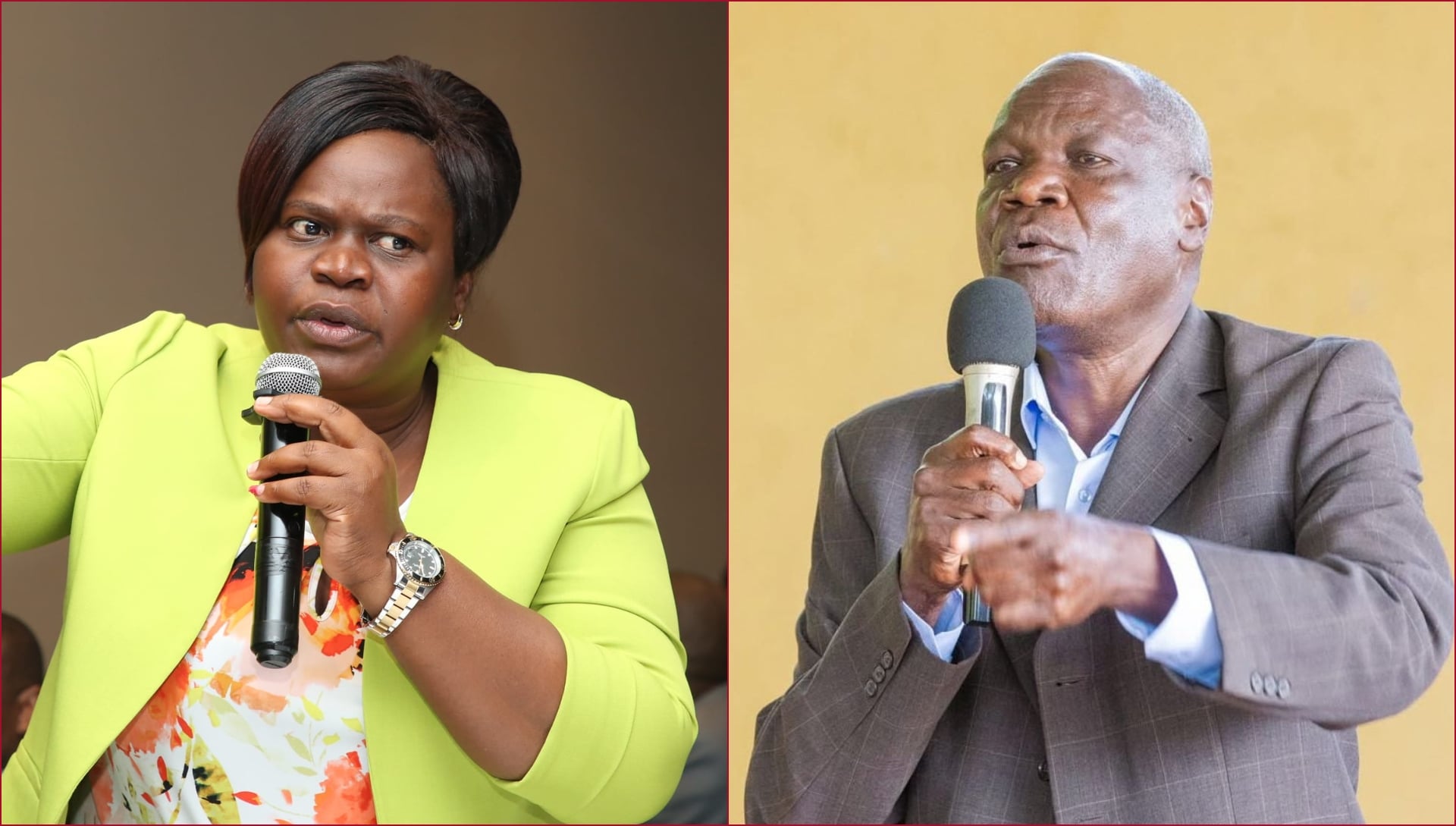
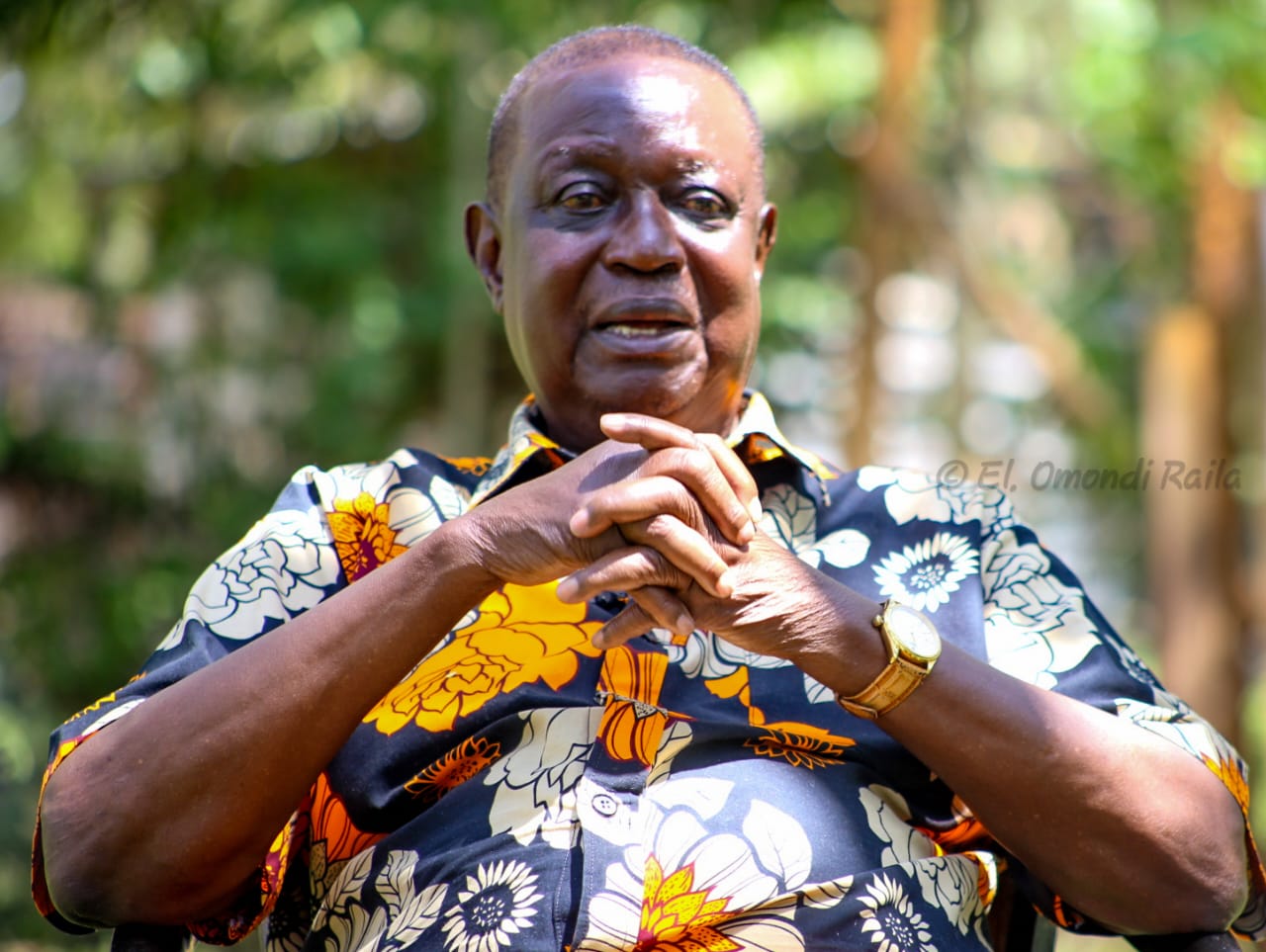
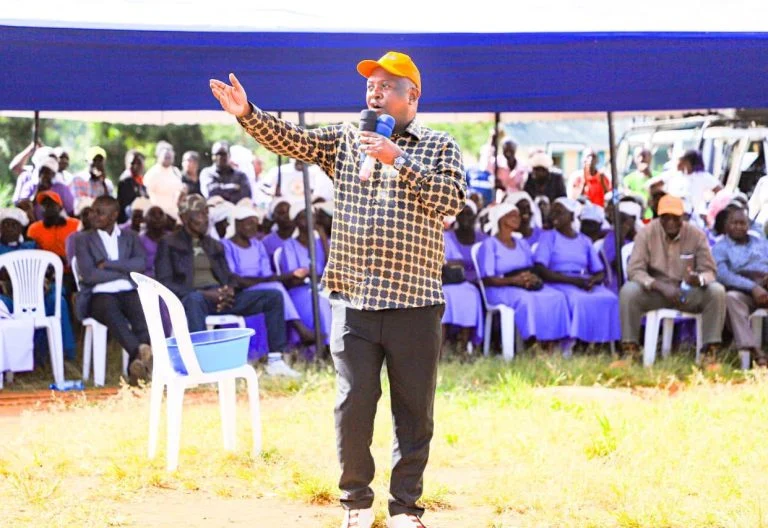
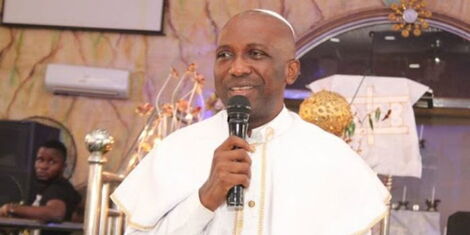
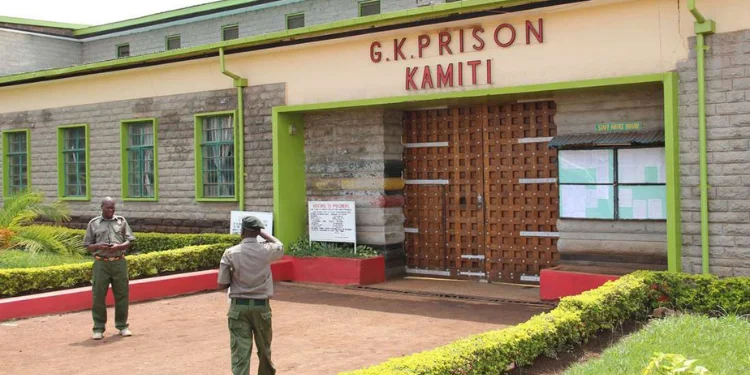

Leave a Reply